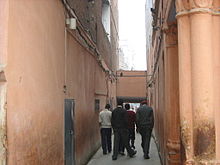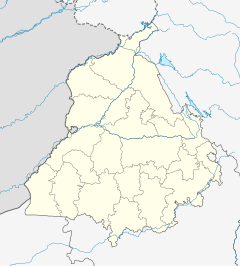My Tribute to All who killed In jalliawala Bag Massacre 13 April 1919
It was black day in the history of World Massacre's 13th April 1919 Jaliawala Bag Massacre by British Army of East India Company..
Writers and poets have always taken note of history. Sometimes, when history is exceptionally brutal and bloody, the poet may fall silent, but the prose writer is compelled to pick up the pen, and sometimes, it is the other way round. Some events shake the conscience of thinking men and women the world over, send seismic tremors across the length and breadth of a nation, unspool events of unforeseen consequences and find reflection not only in the literature of their age but for generations to come.
The cold-blooded massacre at Jallianwala Bagh on 13 April 1919 is one such incident. It marked a defining moment in the history of modern India. It is significant from a purely literary perspective too: the spurt in overtly political activities and a growing political consciousness that began to find reflection in Indian literature can be traced directly to it.
The Jallianwala Bagh massacre, also known as the Amritsar massacre, took place on 13 April 1919, when Acting Brigadier-General Reginald Dyer ordered troops of the British Indian Army to fire their rifles into a crowd of unarmed Indian civilians[3] in Jallianwala Bagh, Amritsar, Punjab, killing at least 400 people including men and women. Over 1,000 people were injured.
On Sunday, 13 April 1919, Dyer, convinced a major insurrection could take place, banned all meetings. This notice was not widely disseminated, and many villagers gathered in the Bagh to celebrate the important Indian festival of Baisakhi, and peacefully protest the arrest and deportation of two national leaders,







Comments
Post a Comment